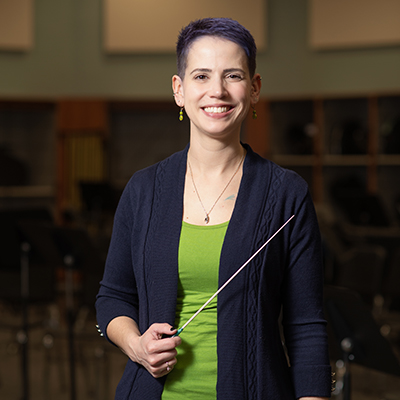Brian Taylor
 What do you do to interest students in how government works?
What do you do to interest students in how government works?
Students at my school—like other Michigan Merit Curriculum schools—are required to pass a government class to graduate. Having a captive audience, however, is not enough. I try to engage students in a variety of ways. I move the desks at least twice a week; I teach with direct instruction and have group projects. We make movies, draw political cartoons, and create our own memes. We play with gummy bears (to illustrate political party platforms or comparative governments) and hold debates. We sit in circles for modified Socratic scored discussions, and film our own political ads or make movies on the interaction between the three branches of government. We hold mock trials, and mark up bills during Congressional committee simulations. We read plays and write songs. We illustrate the various roles and duties of the president by dressing him up like a paper doll.
What current events/arguments/court cases have you used to draw students into deeper learning and debate?
I have staged debates over seminal—and contemporary—Supreme Court cases like Citizens United and the subsequent rise of Super PACs and social welfare non-profit groups: 501(c)(4). We focus on the new campaign finance landscape and prepare by looking outside the textbook (which was published prior to the case, in any event) by consulting both articles from The Atlantic and video clips from Stephen Colbert, as well as resources from Street Law and others.
Why do you think it’s important to have these conversations?
I am teaching the next generation of citizens (in fact, some are 18 already and vote!). It’s vital for everyone to remain informed and a critical consumer of news and political propaganda—especially young people, as most consume their information online. Democracy, when done right, is not a spectator sport. At times people get offended, whether “justified” or not, but that is not a sufficient reason to avoid important conversations.
Does this add political tension to your job?
Yes! I have had students tell me I can’t reference articles from The New York Times or their parents will get upset and that InfoWars is just as credible as any other source (it isn’t). If I criticize a practice like gerrymandering, I emphasize that both major parties are guilty of this, and no one party has a monopoly on truth, wisdom or justice. Some students are quite free with their opinions (“build a wall”) and don’t stop to think how it may affect others in the classroom (on any number of issues from immigration to gay marriage to abortion). It is important to have norms, and ground-rules, and to allow the expression of thoughtful and informed opinions.


